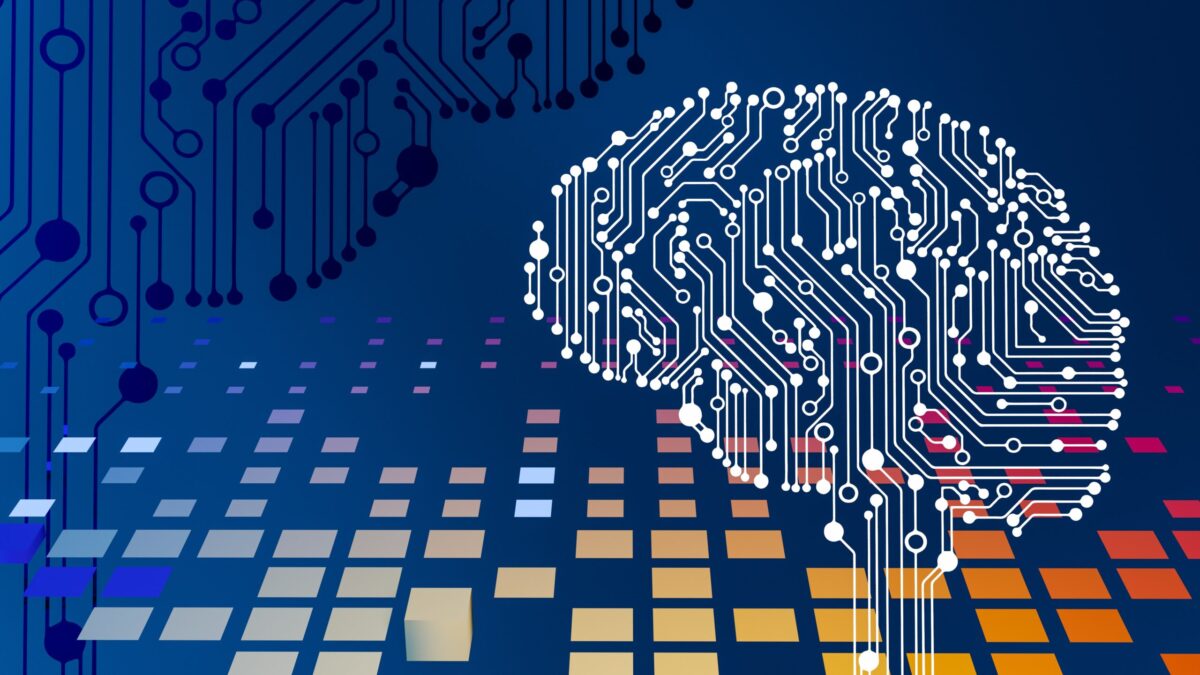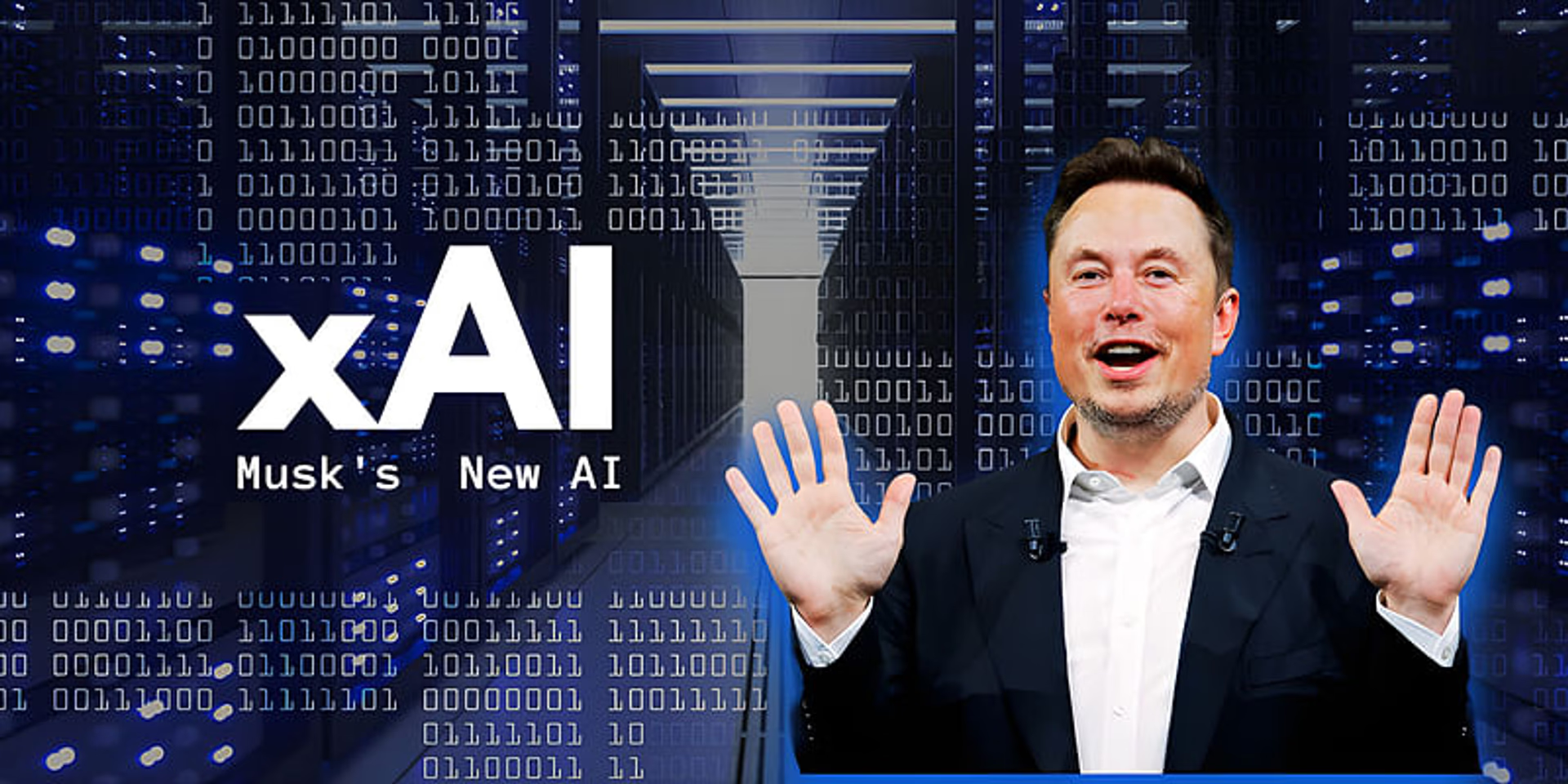In a Monday research report, Bank of America talked about how artificial intelligence (AI) could bring improvements to the banking sector while also posing inevitable risks.
According to the research, the novel technology has the potential to improve productivity and enhance bank returns. Analysts led by Richard Thomas wrote: “Whilst greater automation – likely to be the first and greatest application of AI technology for banks – has the potential to improve bank productivity and thereby enhance bank returns, we also see some vulnerabilities around broad use of AI in banks.”
Since the banking industry is highly regulated and has access to a large amount of sensitive data, banks and supervisors will have to be “comfortable about the risks that accompany the institutionalisation of AI”, said the report. It also noted that the dialogue between the industry and regulators is still ongoing.
Here, the majority of the concerns revolved around security and the “challenge of keeping client assets safe in a world of democratised AI which has also delivered lower barriers to threat actors”.
Referring to the recent run on Silicon Valley Bank (SVB) and the collapses of multiple US banks like Silvergate and Signature, the authors said: “Technology and social media have likely sped up deposit withdrawals and it is less obvious that regulators have a clear antidote to this new reality.”
Multiple banks around the world are already utilising the power of AI, albeit cautiously. According to the BAC analysts, if the technology is able to deliver tangible efficiencies for European banks and boost returns, it will likely be recognised with “more stable to higher credit ratings and secure spreads”. However the report also noted that the revenue upside at this stage from the use of AI technology is “less tangible”.
Last month, Bank of America proclaimed AI to have a significant economic impact, predicting it to potentially reach $15.7trillion by the end of the decade. This was revealed in an investor note where analysts, led by Alkesh Shah, held that corporate AI implementation could boost operating margins by 250 basis points. This was equivalent to approximately $65 billion in cost savings, over the next five years, as per the report.
A similar stance was taken by Goldman Sachs Economics Research in August when it predicted AI to have a wide-ranging economic impact, with the investment in it potentially approaching $200bn by 2025.
The report added: “Innovations in electricity and personal computers unleashed investment booms of as much as 2% of U.S. GDP as the technologies were adopted into the broader economy. Now, investment in artificial intelligence is ramping up quickly and could eventually have an even bigger impact on GDP.”
The analyst here believed the US to be positioned well to become a market leader in AI technology as American companies were seen likely to be its early adopters. The investment has been predicted to hit $100bn in the US in 2025.
Other AI leaders, like China, will also take up this trend simultaneously. However, the investment impact will likely be smaller and more delayed here.


